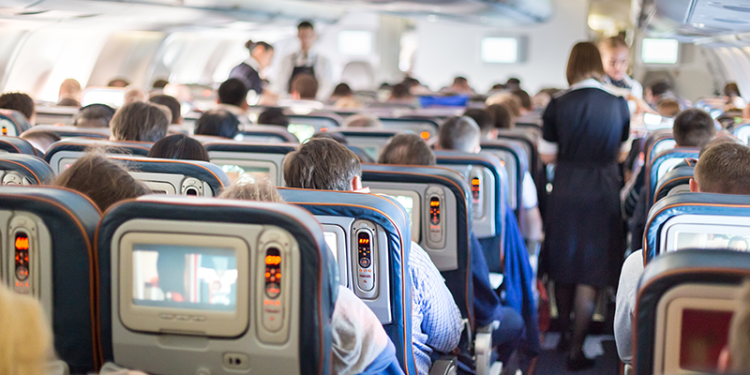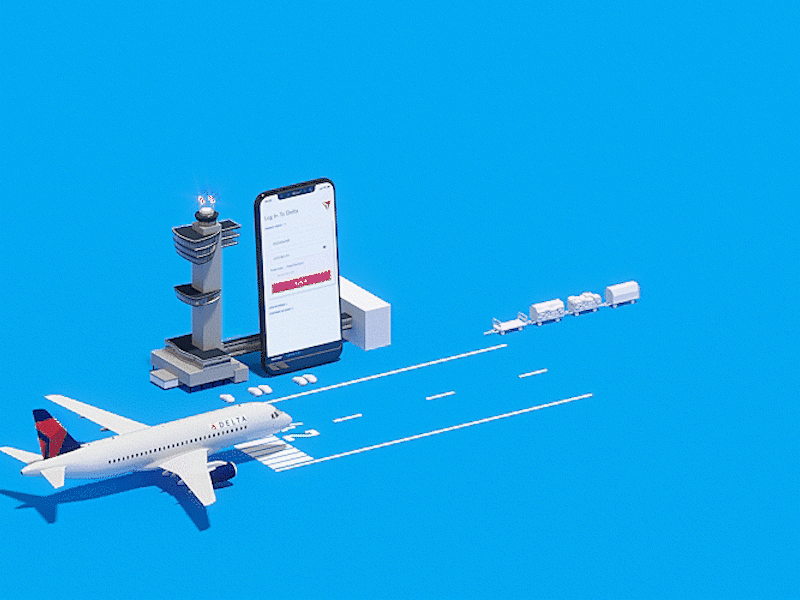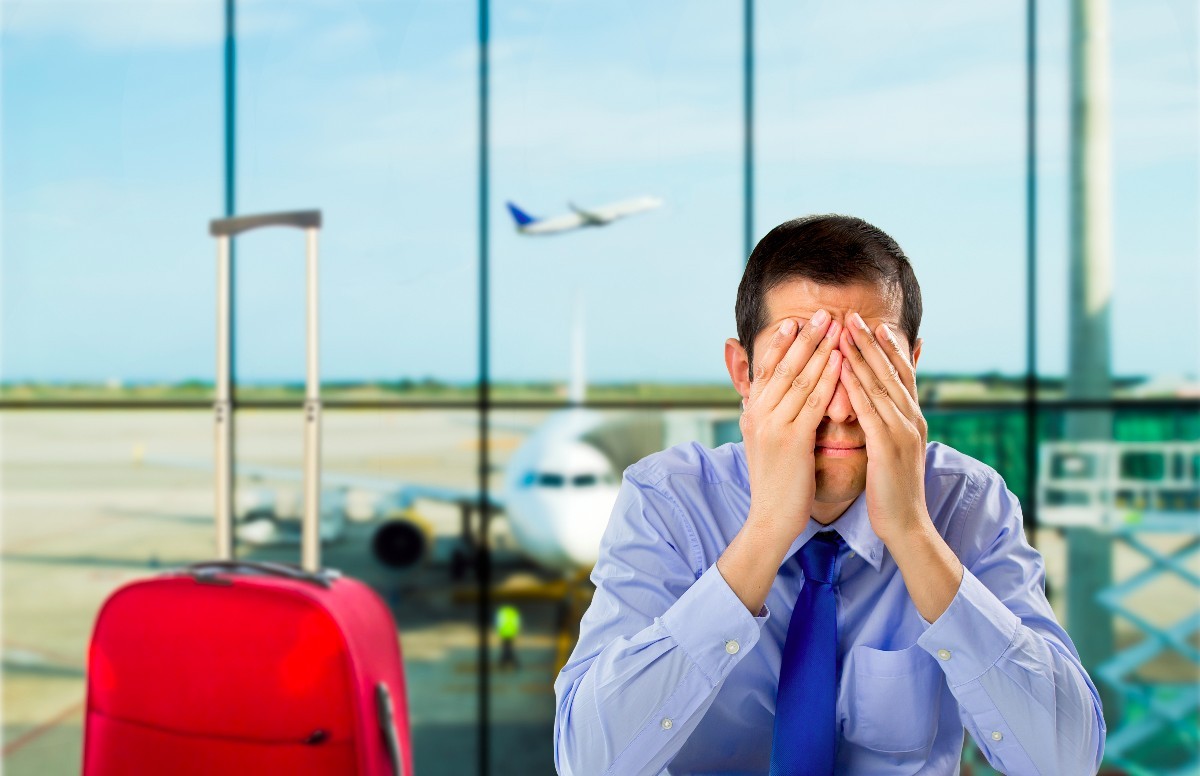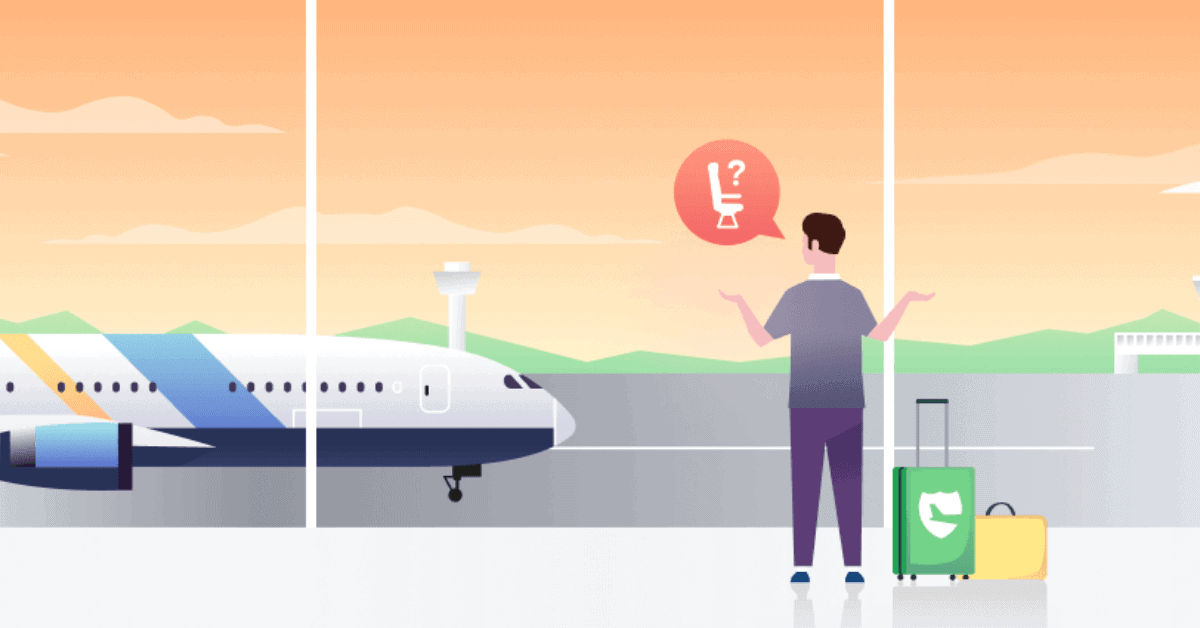Have you ever been bumped off a flight you paid for? Or have you waited for hours at a doctor’s office despite having an appointment at a specific time?
These are all examples of overbooking, where businesses and institutions sell or book more than their full capacity. It may be frustrating for customers, but companies overbook to increase profits while optimizing their resources.
Airlines and Overbooking

Airlines are a classic example of overbooking. Every year, about 50,000 people get bumped off their flights.
However, airlines use statistics to determine exactly how many tickets to sell. If they sell too few, they waste seats, but if they sell too many, they pay penalties and annoy customers.
How Airlines Determine How Many Tickets to Sell
Airlines collect years of information about who does and doesn’t show up for specific flights to determine how many tickets to sell.
They use a binomial distribution to calculate the probability of each scenario.

The airline makes money from each ticket buyer and loses money for each person who gets bumped.
By repeating this calculation for various extra tickets, the airline can find the number likely to yield the highest revenue.
How Airlines Make Money

Let’s say a ticket costs $250 and isn’t exchangeable for a later flight, and bumping a passenger costs $800.
If the airline sells no extra tickets, they make $45,000. If they sell 15 extras and at least 15 people don’t show up, they make $48,750.
However, suppose everyone shows up, and 15 unlucky passengers get bumped. In that case, the revenue will only be $36,750, even less than if they sold 180 tickets in the first place.
Is Overbooking Ethical?

Some argue overbooking is unethical because businesses charge two people for the same resource.
Of course, if a business is 100% sure someone won’t show up, selling their seat is OK. But what if they’re only 95% sure or 75% sure? Is there a number that separates being unethical from being practical?
Summary
Overbooking is a practice businesses use to increase profits while optimizing their resources.
Airlines use statistics to determine how many tickets to sell, and while the actual calculation is much more complicated, they use the binomial distribution to calculate the probability of each scenario.
Overbooking may be frustrating for customers, but it adds up fast for airlines, making it a practical but potentially unethical practice.
To access relevant information, check out the following blogs:
- Kangaroo Math Blog for Mathematics
- Kancil Science Blog for Science
- Beaver Computational Thinking Blog for Computer Science
- Kijang Economy Blog for Economics.





